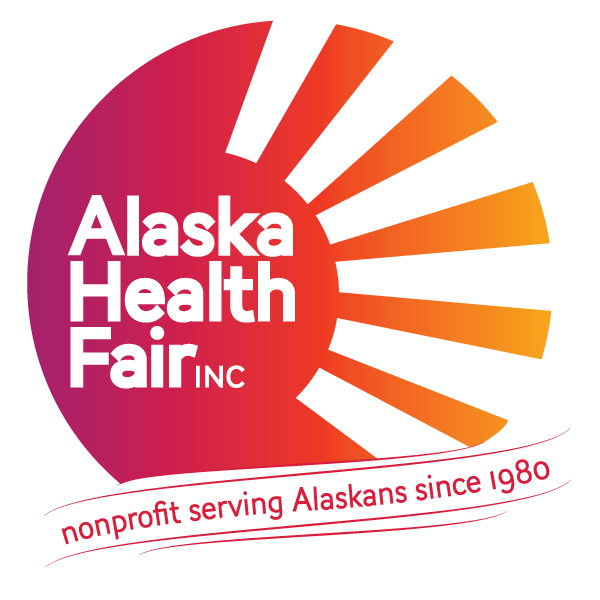 Congratulations to Ketchikan and Barrow for recently raising local tobacco taxes. Alaska has the unique distinction of having 9 out of 16 communities with the highest tobacco taxes in the nation; including Juneau, Sitka, Anchorage, Mat-Su, Bethel, Kotzebue, Petersburg, Ketchikan and Barrow.
Congratulations to Ketchikan and Barrow for recently raising local tobacco taxes. Alaska has the unique distinction of having 9 out of 16 communities with the highest tobacco taxes in the nation; including Juneau, Sitka, Anchorage, Mat-Su, Bethel, Kotzebue, Petersburg, Ketchikan and Barrow.
Alaska is one of the few states in the nation, along with Illinois and New York that are not “pre-emption” states. That means that local communities are free to pass local ordinances governing tobacco.
Juneau’s tobacco tax is the 5th highest in the nation at $5 per pack ($2 state tax plus $3 local tax). Ketchikan, Petersburg and Barrow, the communities which most recently raised their tobacco taxes, bring up the bottom of the list at $4 per pack. Juneau and Petersburg are also two of the first communities in the nation to tax electronic-cigarettes by labeling and taxing them as “other tobacco products”.
After Juneau increased its tobacco taxes in 2009 the smoking rate for the Juneau school district decreased 38% over the next two years. At the time Anchorage’s youth smoking rate did not change. In 2011 Anchorage followed suit and over the next two years the Anchorage school district’s smoking rate also declined 38%. Today the youth smoking rate in Juneau is 9% and in Anchorage it is 7.5%, both of which are lower than the national average of 11%.
The Centers for Disease Control recommends raising the price of tobacco products by 20% of retail to decease smoking rates by 10%. Raising prices is one of the most effective ways to reduce smoking rates and to prevent tobacco initiation in young people. As the cost of tobacco products go up, consumption goes down in a direct relationship.
According to the state’s behavior survey (Alaska Tobacco Facts, 2015), the majority of smokers (71%) want to quit. But addiction is a powerful force. The craving for an immediate cigarette overwhelms fears of heart disease or lung cancer in the future. A high tax brings at least the financial cost to the present, in the hopes that people quit smoking, or never start.
For anyone ready to quit, the state funds Alaska’s Tobacco Quit Line (1-800-QUIT-NOW), which is a free, anonymous service available to every Alaskan adult. Alaska’s Tobacco Quit Line provides counseling by professional quit counselors as well as free Nicotine Replacement Therapies (NRT). Also, mandated by the Affordable Care Act, Alaskans should have access to cessation services through their regular health practitioner, which are preventative services covered by their insurance companies and Medicare/Medicaid.
For more information, stop by Alaska’s Tobacco Quit Line table at the Alaska Health Fair.
Article submitted by:
Dr. Kristin Cox, ND
Tobacco Prevention and Control
National Council on Alcoholism and Drug Dependence
907-463-3750
